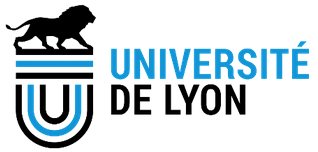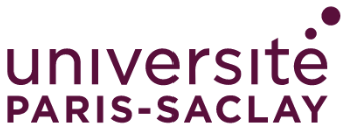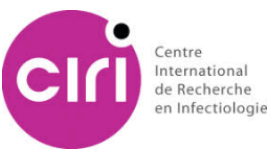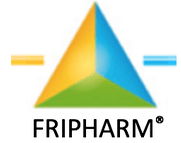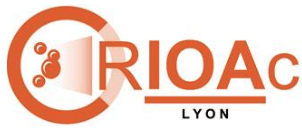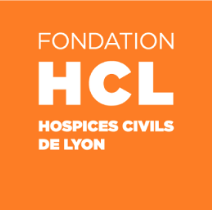Antibiotic resistance. Why does the Hospices Civils de Lyon (also) invest in phage therapy?
INNOVATION. And if the next treatment to replace certain antibiotics in the context of bone and joint infections was designed based on a "cocktail" of phages? With its Phag-One project, recently selected as part of a call for projects on antibiotic resistance led by the National Research Agency (ANR), the Hospices Civils de Lyon want to produce therapeutic phages. With, why not eventually, the idea of creating an “Institut” in Lyon, capable of producing for several hospital structures.
This time, it will not be about Covid, nor the Ségur de la Santé. In parallel to a national context, marked by the long-awaited announcements this Friday concerning the envelopes intended for the health system, there is another investment project in the field of health, which has innovated on a completely different front: that of phages. .
Or in other words, those viruses that only attack bacteria, without having any effect on human cells. Discovered in the 1920s in France by Félix d'Hérelle, they have been neglected in our country, due to the advent of antibiotics, considered easier to use and more effective.
But even as antibiotic resistance is on the rise, it is increasingly leading to treatment dead ends. The Reference Center for Complex Bone and Joint Infections (CRIOAc Lyon) already made this alarming observation on infections of knee and hip prostheses:
"For some patients, more and more numerous, no more antibiotics are active, worries Professor Frédéric Laurent, microbiologist and head of the bacteriology department at the Institute of Infectious Agents in Lyon. From now on, once day, we find ourselves in a therapeutic impasse". For him, "phage therapy is an alternative to multi-drug resistance".
Article written by Anne-Gaëlle Moulun and published in LA TRIBUNE




